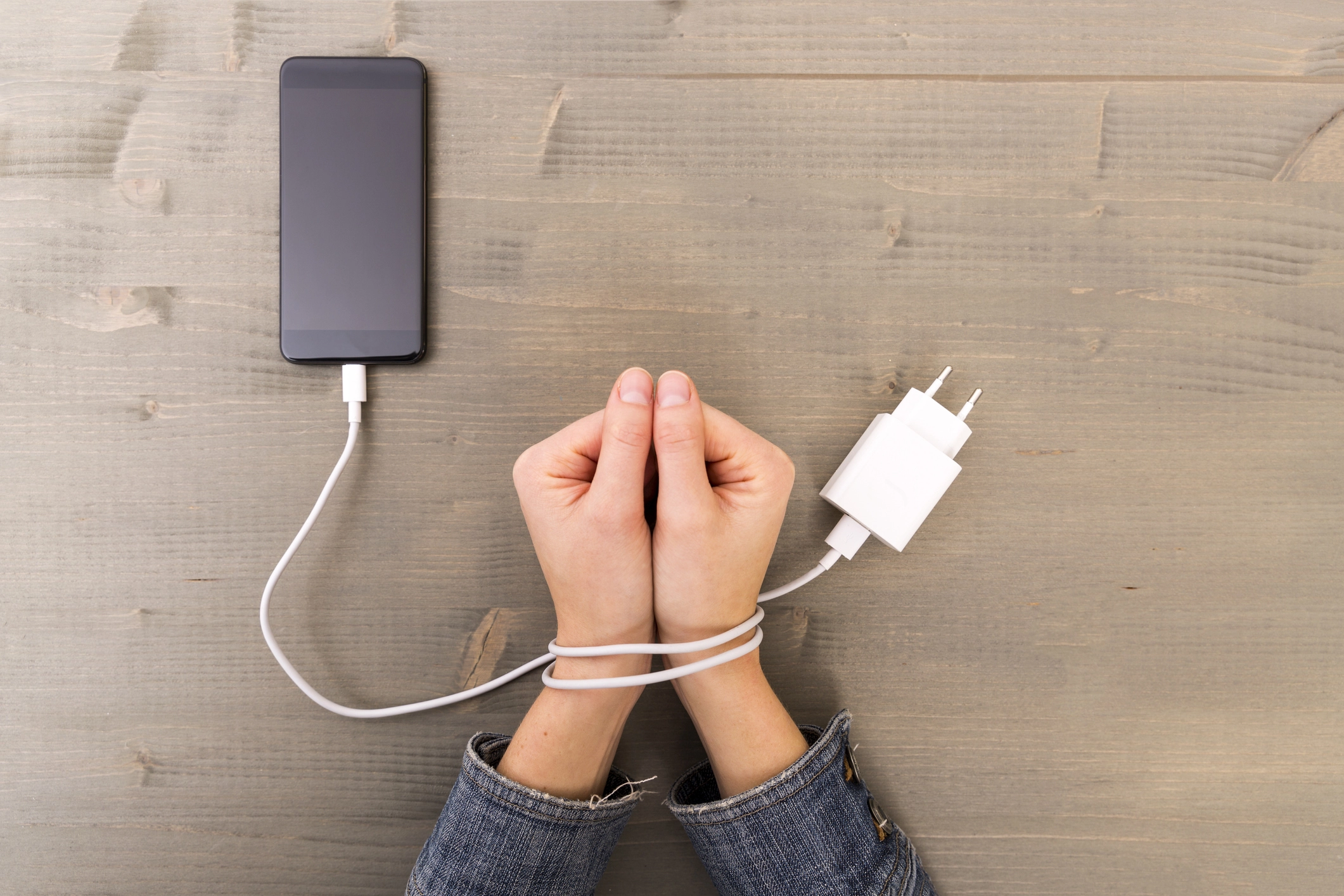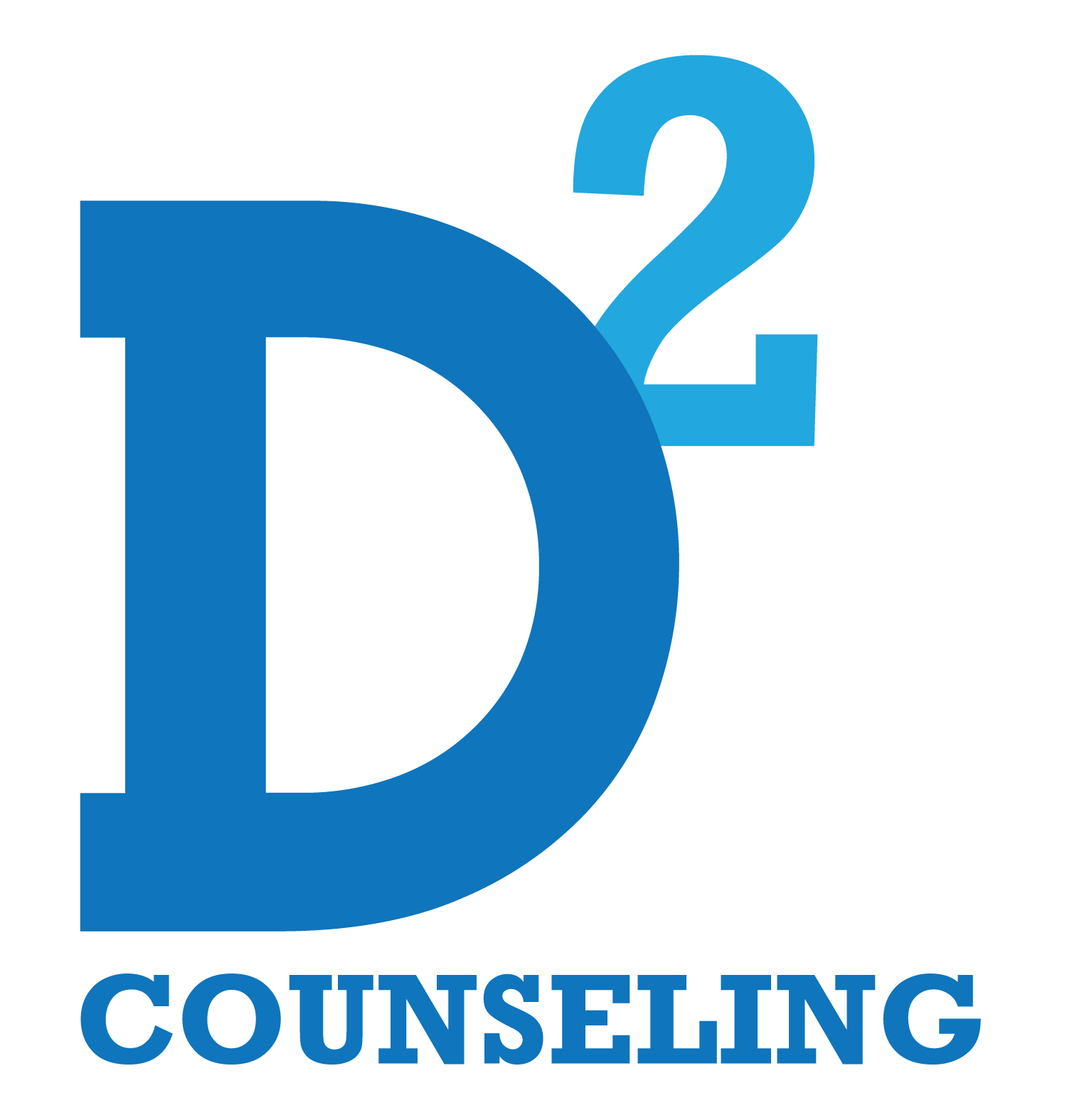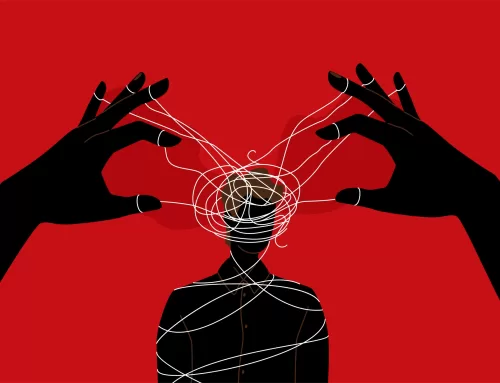During stressful periods in our lives, we tend to gravitate towards behaviors that help us get by, but these cravings sometimes do more harm than good. According to the National Library of Medicine, 53% of adults in the United States reported that the pandemic has negatively impacted their mental health, which often manifests in an increased use of alcohol, drugs, gambling, and overeating to cope.
For many of us, social distancing disrupted our daily routines. Being away from community support as we worked and learned from home may have caused us to adopt some new behaviors that are addictive and self-destructive at times.
Those who used to enjoy a drink now and then with others may have felt cravings to drink more at home alone. The same could be said for others who struggle with overeating, pornography, overusing social media, and gaming, for example. The severity of these compulsive behaviors can become exacerbated when one is unemployed, without a support network, or struggling with mental health disorders. Teenagers are also found to be especially at risk.
On the most simple level, being stuck at home for extended periods of time is boring. With less stimulation and little access to many hobbies outside of our homes, it is common to start craving pleasurable activities and ways to feel more in control during such a turbulent time in history. Many of us also fall into the trap of looking for a distraction from the negative news on our screens.

These behaviors bring temporary comfort, but the consequences include guilt, anxiety, worsening health, and even tension in close relationships. Experiencing these repercussions can often then lead to a negative mood and more guilt, beginning a cycle of seeking comfort in harmful habits to combat that poor mood.
It may be difficult to know at what point an intervention is needed. As a new school year approaches and many offices are re-opening, now is the time for many of us to address some negative patterns that arose during the pandemic.
A stable routine, limiting media intake, exercise, meditation, and new hobbies can help curb cravings for compulsive behaviors. Logging how many hours were spent doing something, such as playing video games, may help bring to light which hobbies are becoming an addiction. Reinvesting time with loved ones is another way to reconnect with your sense of self and deeper purpose in life.
Finally, seeking help from trained professionals can be life-changing for many. Therapists specializing in addiction therapy, like Cara from D2 Counseling, can be a strong ally in breaking the cycles of self-destruction in your life. In addition to being a resource for all types of programs in the DFW area and across the country, D2 Counseling is committed to helping everyone find the best fit for their therapy needs.




